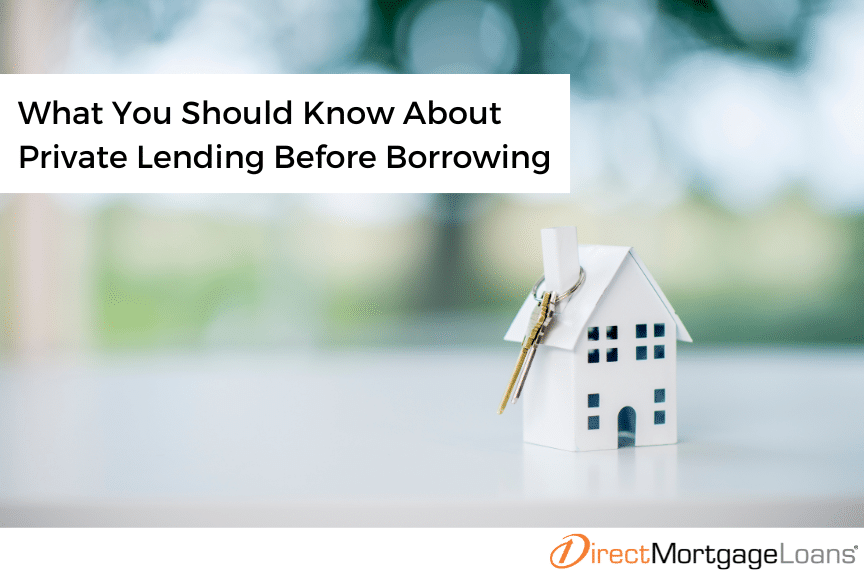How It Works: A Comprehensive Overview to Mortgage Lending for First-Time Customers
Navigating the globe of mortgage lending can be daunting for new buyers. Comprehending the essential parts like principal, interest, and down repayments is vital. In addition, acknowledging the various kinds of home loan and the application procedure can significantly impact one's experience. By checking out vital variables that influence rate of interest, purchasers may reveal beneficial understandings. What else should they consider before making such a substantial monetary commitment?
Understanding Mortgage Fundamentals
When newbie customers get in the domain name of homeownership, recognizing mortgage essentials comes to be vital for making notified decisions. A home mortgage is essentially a finance safeguarded by the home being bought, enabling individuals to purchase a home without paying the complete cost upfront. Buyers should recognize vital components, including principal, rate of interest, tax obligations, and insurance coverage, usually summed up as PITI. The principal is the quantity borrowed, while interest is the price of borrowing that quantity, shared as a portion. Taxes and insurance are additional prices that can noticeably impact month-to-month settlements. Customers must likewise think about the loan term, normally 15 or 30 years, which impacts payment quantities and general rate of interest paid. Understanding credit history is crucial, as they influence finance eligibility and rate of interest. Comprehending these essential concepts equips first-time buyers to navigate the mortgage landscape with confidence and make options that align with their financial goals.
Sorts Of Mortgage Loan
When taking into consideration mortgage alternatives, first-time customers usually encounter 2 primary types: fixed-rate and variable-rate mortgages. Fixed-rate mortgages use stability with constant settlements over the financing's term, while variable-rate mortgages can offer reduced first rates that might vary gradually. Comprehending these differences is vital for making an educated decision.
Fixed-Rate Home mortgages
Fixed-rate home loans provide stability and predictability for novice homebuyers navigating the complexities of home funding. With a fixed-rate mortgage, the rates of interest remains consistent throughout the loan term, typically varying from 15 to thirty years. This consistent price enables purchasers to prepare their budget plans effectively, knowing that their monthly repayments will certainly not vary. First-time purchasers profit from this framework as it removes uncertainty in long-term economic commitments. In addition, fixed-rate mortgages commonly include reduced first rates contrasted to adjustable-rate options, making them an eye-catching option for those aiming to develop home equity gradually. In general, fixed-rate home mortgages supply an uncomplicated course to homeownership, ideal for individuals looking for long-lasting monetary security.
Adjustable-Rate Mortgages
For novice property buyers seeking flexibility, variable-rate mortgages (ARMs) can provide an attractive alternative to fixed-rate finances. ARMs generally supply reduced preliminary rate of interest, making regular monthly settlements extra budget friendly in the early years. These rates fluctuate after an initial set period, which can lead to increased settlements over time. Customers should comprehend the index and margin that figure out future rate changes. Typically, ARMs have change periods of one, 3, or five years, with periodic caps to restrict just how much prices can enhance at each change. While ARMs can be useful for those preparing to sell or re-finance before the rate adjusts, they also bring risks if market conditions change substantially. Extensive research is crucial for educated decision-making.
The Mortgage Application Process

Secret Aspects Influencing Rate Of Interest

Down Payments and Closing Costs
Understanding down settlements and closing prices is important for newbie buyers, as these expenditures significantly affect the total price of a home mortgage. A deposit is the first quantity paid in the direction of the home's acquisition price, usually revealed as a portion. It can range from as reduced as 3% to 20% or even more, relying on the lending type and loan provider demands. A larger down repayment can minimize monthly mortgage repayments and get rid of private mortgage insurance policy (PMI), which protects lenders in instance of default.Closing costs, on the other hand, encompass various fees incurred throughout the home-buying process. These may include funding origination charges, appraisal fees, title insurance, and lawyer costs, normally amounting to 2% to 5% of the home's purchase price. First-time purchasers must allocate both down repayments and closing prices to assure they can secure their mortgage and successfully browse the home-buying procedure.
Tips for First-Time Homebuyers
What vital pointers can novice homebuyers comply with to browse the commonly difficult procedure of purchasing a home? Establishing a practical budget plan is important. Buyers need to examine their financial scenario, including revenue, expenses, and prospective mortgage repayments. Next, acquiring pre-approval for a home loan can offer quality on what one can pay for and reinforce their setting when get more making an offer.Researching areas is similarly vital; purchasers must think about variables such as features, schools, and future advancements. In addition, it is recommended to function with a qualified property representative who can use valuable insights and advice throughout the buying process.Home assessments should not be neglected, as they can uncover concealed concerns that may impact lasting complete satisfaction. Ultimately, buyers ought to continue to be individual and adaptable, understanding that discovering the appropriate home may take some time. By adhering to these tips, first-time property buyers can come close to the marketplace with self-confidence and expertise.
Regularly Asked Questions
What Documents Are Needed for Mortgage Pre-Approval?
For mortgage pre-approval, individuals normally require to give Get More Information earnings verification, employment history, credit scores reports, income tax return, bank statements, and details of any type of financial debts (Private Mortgage Lenders Savannah GA). These papers aid loan providers examine monetary ability and figure out car loan qualification
Can I Obtain a Home Mortgage With Bad Debt?

Many lending institutions take into consideration applicants with bad debt, though terms might differ. Greater rate of interest or larger deposits can be needed. Exploring alternatives with specialized loan providers or government programs can additionally improve opportunities for approval.
How much time Does the Mortgage Approval Process Take?
The mortgage authorization process commonly takes between 30 to 45 days. Factors affecting this timeline include the lending institution's efficiency, the consumer's monetary documents, and the complexity of the lending application. Hold-ups may happen due to extra requirements.
What Occurs if I Miss a Mortgage Repayment?
If a home mortgage settlement is missed out on, late costs may be sustained, and credit rating can experience. Prolonged non-payment may cause foreclosure procedures, motivating the lender to recover the residential or commercial property after a collection of cautions.
Can I Re-finance My Mortgage Later?
Re-financing a mortgage later is commonly feasible, allowing house owners to readjust their lending terms, passion prices, or monthly repayments. Nonetheless, qualification depends on credit report, current market conditions, and the existing mortgage's terms. Private Mortgage Lenders Savannah GA.
Comments on “How to organize financial documents before applying with private mortgage lenders savannah ga”